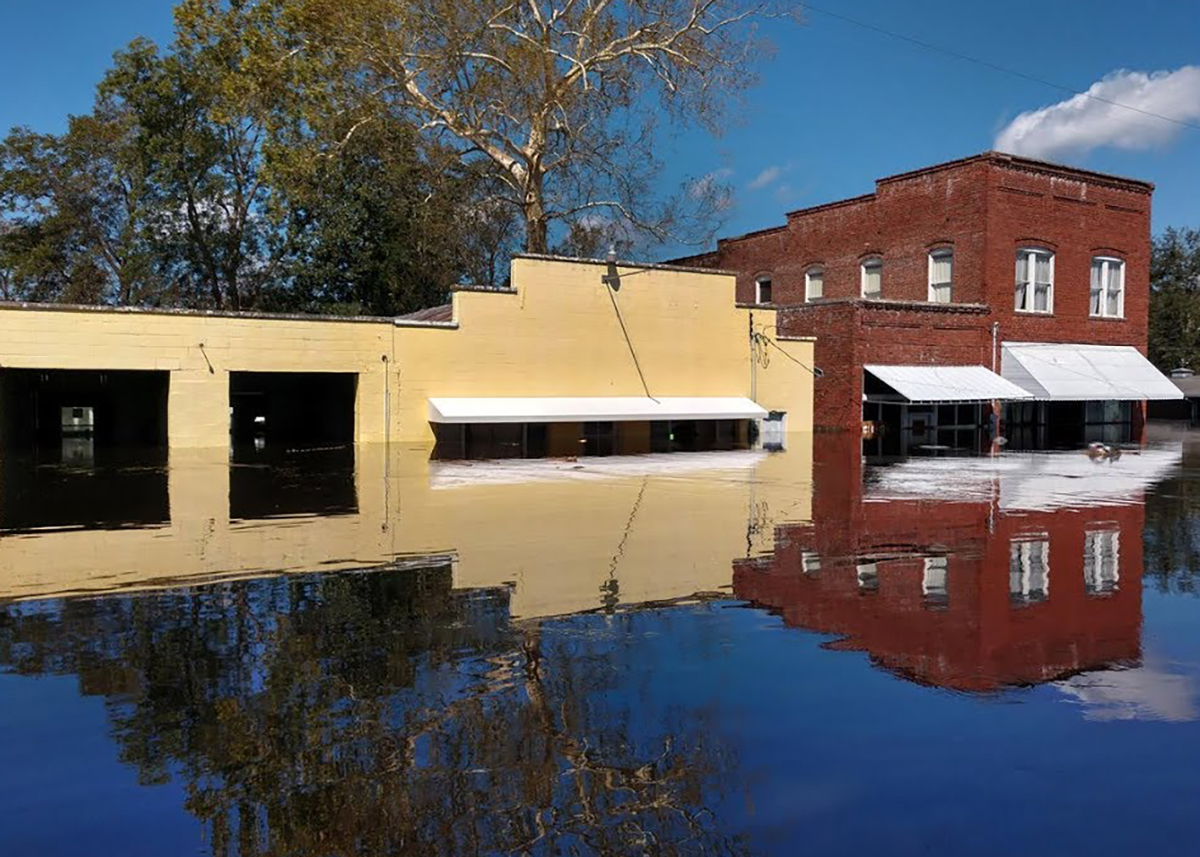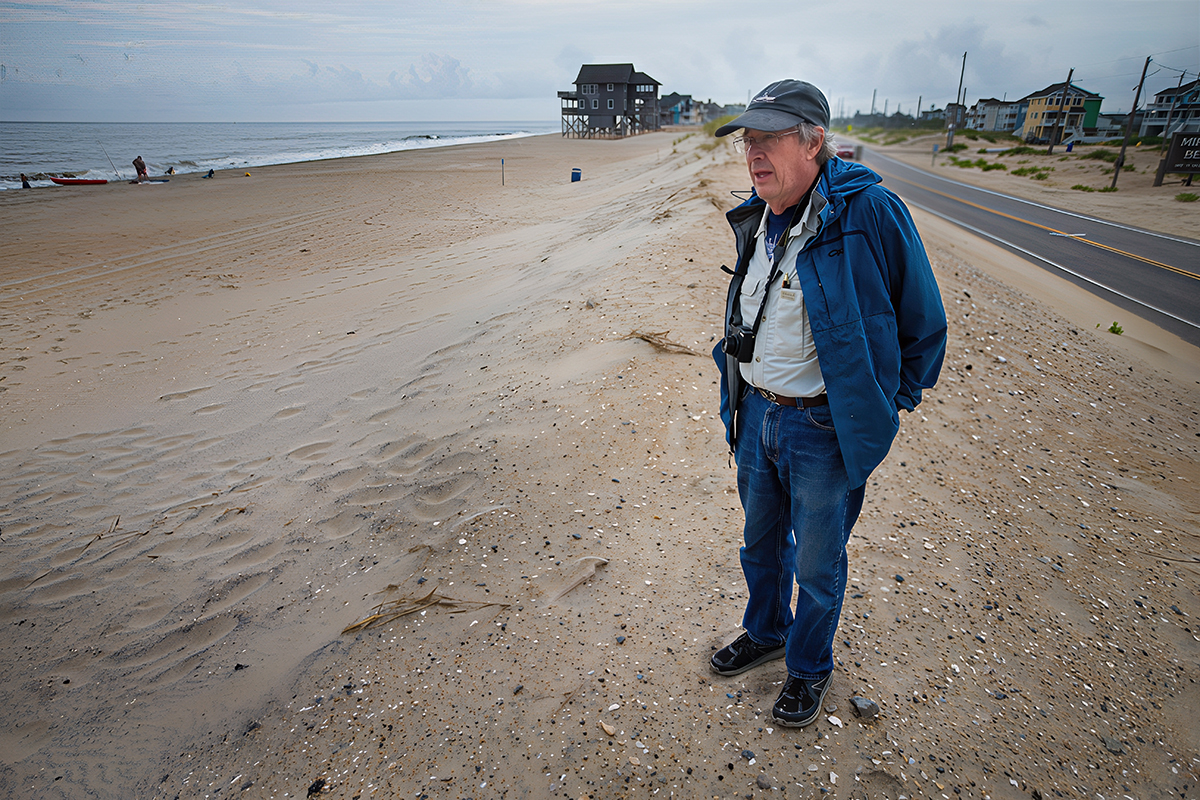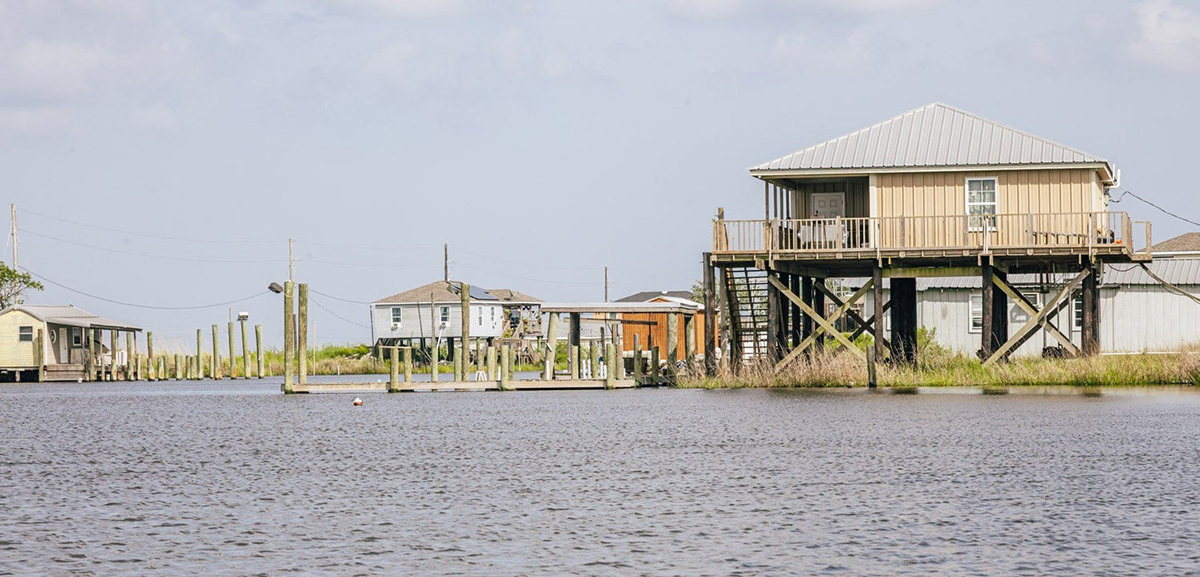2007-2008 Session
SJR1987 — ERC Study Offshore Drilling for Energy Needs.
Primary sponsors: Sen. James Forrester
Supporter Spotlight
The first in a series of similar proposals, the bill was a joint resolution that read: “The Environmental Review Commission may study the desirability of encouraging the offshore drilling exploration for oil or natural gas in coastal waters within the State’s jurisdiction and may study whether to urge the United States Congress to pass legislation to lift the federal moratoria on the offshore drilling exploration for oil or natural gas in waters within federal jurisdiction.”
Outcome: Referred to the Senate Rules Committee and not seen again.
Primary sponsors: Reps. Stam, McGee, Folwell and Justice
A joint resolution that included a number of policy findings urging the state’s congressional delegation to support H.R. 6108, the Deep Ocean Energy Resources Act of 2008, which would open up the Atlantic to offshore exploration.
Supporter Spotlight
Outcome: Referred to the House Rules Committee and did not receive a hearing.
2009-2010 Session
Primary sponsors: Rep. Gibson, Sens. Atwater and Hartsell
Another resolution aimed at getting a study started on benefits, including any revenue possibilities “in the event that the offshore drilling exploration for oil or natural gas were to take place in coastal waters off North Carolina sometime in the future.” The study would look at “offshore drilling exploration for oil or natural gas to take place in waters within the jurisdiction of North Carolina, within the jurisdiction of another state, or within federal jurisdiction.”
Outcome: The House version passed first reading and was referred to House Committee on Environment and Natural Resources, which did not vote on the bill. The Senate version was sent to the Rules Committee and was not voted on.
S836 — Oil Spill Liability, Response, & Preparedness
Primary sponsor: Sen. Charles Albertson
The legislature’s response to BP’s Deepwater Horizon spill, the bill outlined state emergency response and legal liabilities for potential polluters. The bill also established the Legislative Research Commission Advisory Subcommittee on Offshore Energy Exploration to study issues related to oil and natural gas exploration and development off the North Carolina coast, as well as the potential impacts of alternative offshore energy projects on the nation’s energy supply.
Outcome: The bill passed with near unanimous support and was signed by Gov. Bev Perdue in late August.
2011-2012 Session
S680 — Constitutional Convention on Hydrocarbons
Primary sponsor: Sen. David Rouzer
Called on the federal government to increase offshore and onshore oil and gas exploration, including federally controlled waters off the N.C. coast.
Outcome: Referred to Senate Rules Committee and was not heard.
Primary sponsors: Sens. Rucho, Brown and Tucker
Known mainly because of controversial provisions that would speed up the process to permit fracking inland, the bill also included specific language on negotiations with other states and the federal government on offshore exploration. It encourages royalty sharing from offshore resources and sets out a system for the state to collect the royalties and how they could be used. The bill also has symbolic elements. It changed the name of the state’s Energy Policy Council to the Energy Jobs Council.
Outcome: The bill narrowly passed both chambers, but was vetoed by Gov. Perdue. The Senate voted to override the veto, but the House could not find enough votes to override the veto in both the 2011 and 2012 sessions and the bill did not become law.
H177 – Clean Energy Transportation Act
Primary sponsors: Reps. Samuelson and McElraft
Modifies Energy Policy Act to “strongly” urge the governor to join with the governors of South Carolina and Virginia to create a regional pact for offshore issues.
Outcome: The bill, which included numerous other provisions in addition to the offshore language, was signed into law, but the offshore language was moot given the failure of the legislature to override Gov. Bev Perdue’s veto of S709.
S820 — Clean Energy and Economic Security Act
Primary sponsors: Sens. Rucho, Blake
Another energy omnibus, the bill included duplicate language from earlier fracking and offshore energy bills, including a new royalty structure that split any future royalties as follows: 30 percent to the General Fund; 10 percent to the Highway Trust Fund; 10 percent to the Community Colleges System Office; 10 percent to the University of North Carolina Board of Governors; 30 percent to the Department of Environment and Natural Resources; 8 percent to the State Ports Authority; and 2 percent to the Department of Commerce.
Outcome: The bill, which had some key protections regarding fracking, was vetoed in early July 2012 by Perdue, but had enough support that both the House and Senate voted to quickly override the veto.
2013-2014 Session
S76 — Domestic Energy Jobs Act
Primary sponsors: Sens. Newton, Rucho and Brock
The bill included similar language as energy policy acts from the previous year, but was much more extensive in creating a new commission to oversee mining and energy issues as well as additional resources to support oil and gas exploration. Sections of the bill spell out a proposed royalty structure for offshore energy as well as guidelines for the development of a regional interstate offshore energy policy compact.
The new split for any potential royalties was changed to 75 percent to the General Fund; 5 percent to the Highway Trust Fund; 5 percent to the Community Colleges System Office; 5 percent to the UNC Board of Governors; 5 percent to DENR; 3 percent to the State Ports Authority; and 2 percent to the Department of Commerce.
Outcome: The bill passed the legislature in late July of 2013 and was signed into law by Gov. Pat McCrory.







